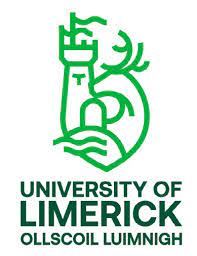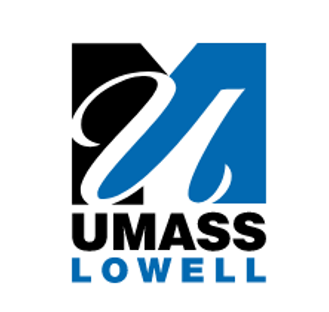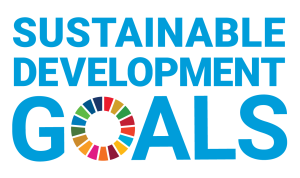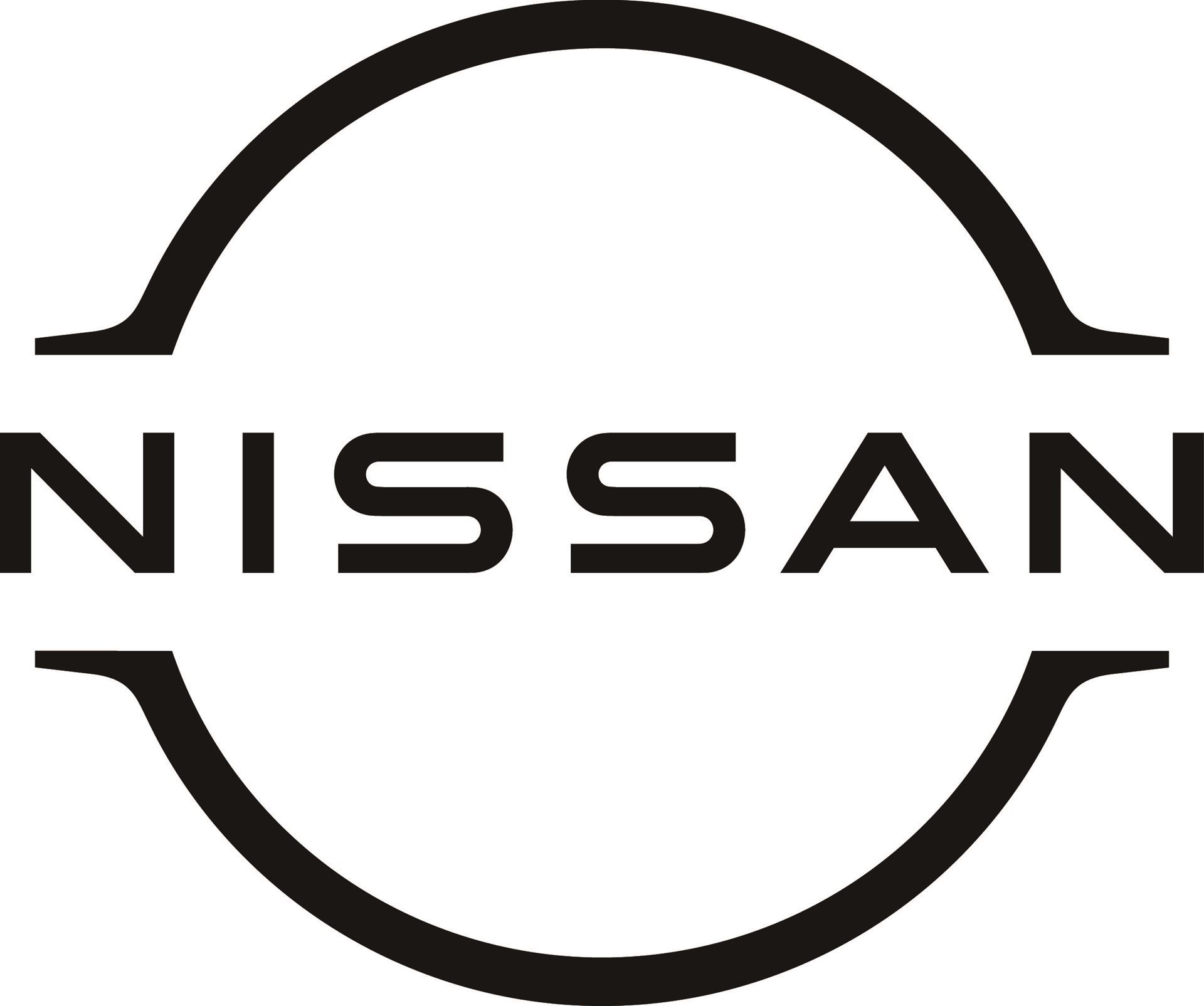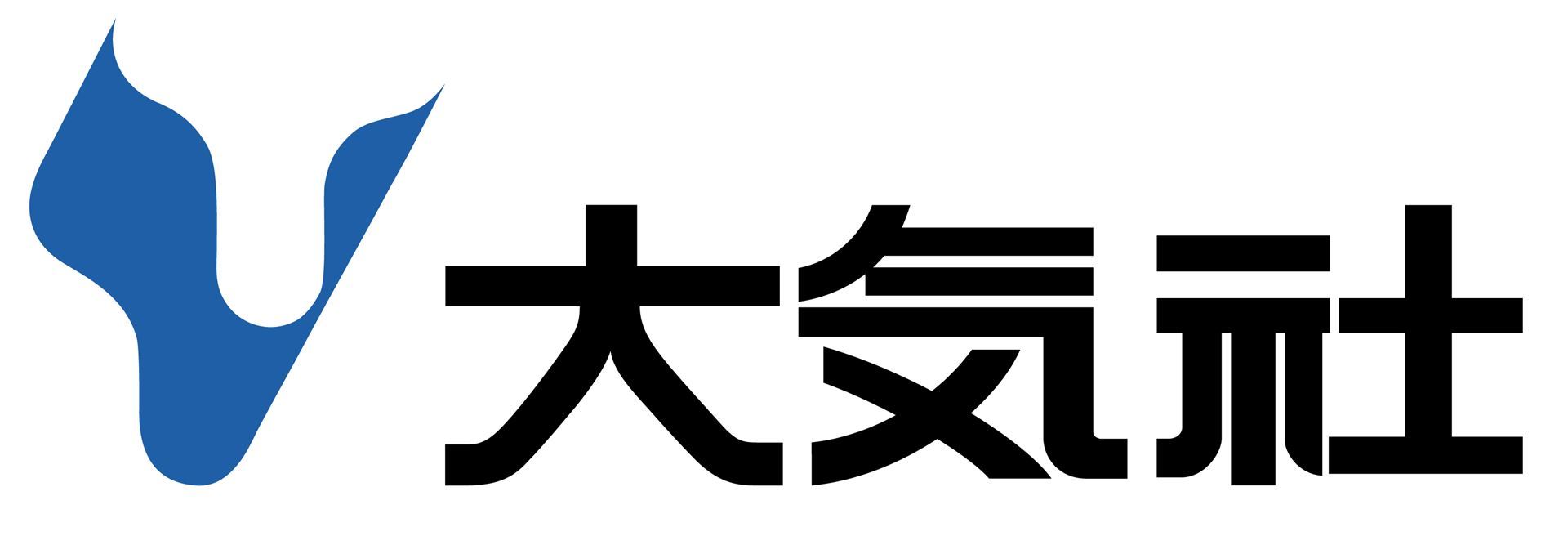Accepted Presentations IRS 2022 |
|
*Subject to change without notice
General Information
- Description: Refereed Research Papers and Posters are those that feature empirical work and may be either Quantitative, Qualitative, or Mixed Methods research.
For Papers
Blind-Review Process: The review of the submitted paper will be conducted through a double blind-review process.
Presentation: All authors will be asked to video record a 15-minute presentation based on their accepted paper in advance of the symposium. The videos will be shared online with the virtual attendees and will be shared with the in-person attendees as part of a facilitated session with the author, or a designated chairperson. The author or chairperson will lead a discussion related to the research following the presentation.
Online Conference Proceedings: The accepted papers will be featured in the online Symposium Proceedings, which will be housed on the WACE website. The online Symposium Proceedings will contain an assigned ISBN. Unlike previous years, once a paper has been presented at the symposium, the paper CANNOT be withdrawn from the proceedings.
For Posters
- Those who would like to present a poster will submit an abstract describing their research. If accepted, they will be invited to share their poster as part of a virtual or in-person session (depending on whether they are able to attend in person or not). There will be an opportunity to speak about their research briefly (5-10 min) and then respond to questions that attendees may have.
Submission Timelines
February 28, 2022 – Deadline for research papers to be submitted. Due to the complexity of coordinating a hybrid conference, the deadline for submissions will be a hard deadline.
March/April – Reviews will take place.
By May 15 – Authors will receive the reviews of their paper and a decision about whether it has been accepted for the symposium.
By June 30 – Authors need to submit their 15 min recording of their presentation, and submit a revised version of their paper based on the feedback they have received. This will be the version of the paper that appears in the conference proceedings.
Submission Guidelines
(please note that the guidelines are different from previous years).
- Abstracts: Submit a title and 200-word description of your research. Use the form here to submit by the January 31, 2022 deadline. You are encouraged to submit early to receive early acceptance. If you have any issues with the link to submit your abstract, please contact jenny.fleming@aut.ac.nz
- Research Papers: All Refereed Research Papers should focus on CWIE research
- Submission Criteria: If the abstract is accepted, a full paper must be submitted no later than February 28, 2022 for the double blind-review process, in which the paper will be reviewed by a team of international reviewers who will submit completed evaluation forms, which may contain recommendations for improvement (to be conveyed to author(s)), to the WACE International Research Committee.
- Full Refereed Paper Requirements: Papers must have a MINIMUM of 1,500 words and a MAXIMUM of 2,000 words. This word limit includes tables but excludes the reference list and cover page.
- There should be NO abstract in the proceedings paper.
- APA 7.0 format must be used. Please carefully check the reference list for appropriate APA formatting.
- We will be using the review platform Scholastica to coordinate the review and revision process. When you receive notification that your abstract has been accepted, you will receive instructions on how to submit your conference paper to Scholastica.
Developing a Journal Article from the Conference Proceedings
Authors may want to develop a journal article from the same work presented in the IRS proceedings. The changes to the 2022 IRS Proceedings Guidelines have been purposely made to limit the possibility of too much overlap with a subsequent journal article.
As a general guide for proceedings papers, authors should only present a facet of the data and the analysis rather than all the findings, limit or avoid implications arising from the work (but authors may want to discuss these during the oral presentation), limit the scope of the literature review, and focus more on describing the findings rather than critically discussing the findings. The Proceedings Paper should be a snapshot of what work the authors are currently undertaking. A Journal Article should be the full, comprehensive, and final product of a completed work.
For transparency, the subsequent journal article should include an acknowledgement that “an earlier version of this work was presented in YEAR at the NAME conference”.


